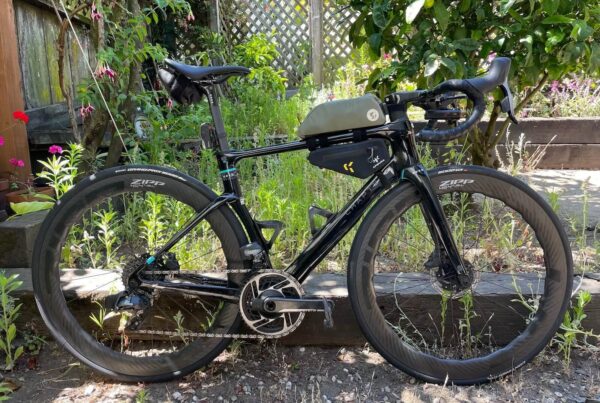This news article featuring Bob Mionske has been reproduced here for our archives. To access the original article, follow the link.
The New York Times: Cyclists Condemn Prosecutor’s Decision
By JOHN COLLINS RUDOLF
Last week The Vail Daily News reported that an Eagle County, Colo., prosecutor had declined to press felony charges against Martin Joel Erzinger, a financial manager who allegedly fled the site of a crash with a cyclist in July.
“Felony convictions have some pretty serious job implications for someone in Mr. Erzinger’s profession, and that entered into it,” Mark Hurlbert, the prosecutor, said of the manager, told the paper. “When you’re talking about restitution, you don’t want to take away his ability to pay.”
Mr. Erzinger, a money manager for wealthy clients at Morgan Stanley Smith Barney, has $1 billion in assets under management, according to his Web site. He now faces two misdemeanor traffic charges related to the incident, which left the victim with brain and spinal cord injuries.
Cycling advocates around the country have decried the ruling.
“Even with an appreciation of the legal complexities, what Erzinger is accused of absolutely warrants a felony charge and it’s shocking that his profession and net worth has even entered into the equation,” wrote Jonathan Maus, the editor of BikePortland.org, a cycling blog.
Bob Mionske, an attorney who specializes in representing injured bikers, said the district attorney’s decision not to press felony charges was unusual given the circumstances. According to court records, Mr. Erzinger did not stop after the accident, but drove several miles to a nearby town and called a roadside assistance service to request a tow for his Mercedes. He did not call law enforcement, the records say.
When the local police arrested Mr. Erzinger, he was allegedly placing a broken side mirror and a damaged bumper in his trunk, the records add.
“He doesn’t really seem to have a defense,” said Mr. Mionske, a former Olympian who writes a column on cycling and legal matters for Bicycling magazine. “This guy is clearly fleeing the scene. All the elements of the crime are present.”
But Mr. Erzinger’s lawyers say that he may suffer from sleep apnea that affected his actions at the time of the accident, the Vail newspaper said.
The victim, Dr. Steven Milo, a transplant surgeon who according to his attorney suffered brain and spinal cord injuries in the collision, has objected to the prosecutor’s decision.
“Mr. Erzinger struck me, fled and left me for dead on the highway,” Dr. Milo wrote to the judge overseeing the case, according to The Vail Daily News. “Neither his financial prominence nor my financial situation should be factors in your prosecution of this case.”
In an interview with a local news station, Mr. Hurlbert, the prosecutor, denied that Mr. Erzinger’s financial prominence played a role in his decision, and said that if convicted of the misdemeanor charges, he would face up to a year in a county jail.
Mr. Mionske, the cyclist’s rights attorney, called the case a particularly striking example of the difficulties cyclists face when seeking justice after being struck by a vehicle. For example, after many bike-car collisions, the injured cyclist is taken to the hospital, while the statement from the driver is to be an authoritative account of the incident, he argues.
“The police, they show up at the hospital and hand the guy a ticket without ever asking him for his version of the accident,” he said.
“Over all, there’s an amazing amount of injustice that occurs to cyclists,” he added.



